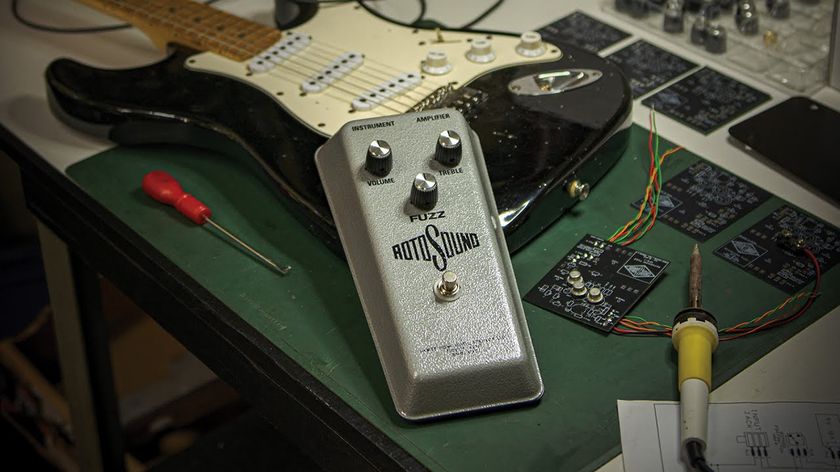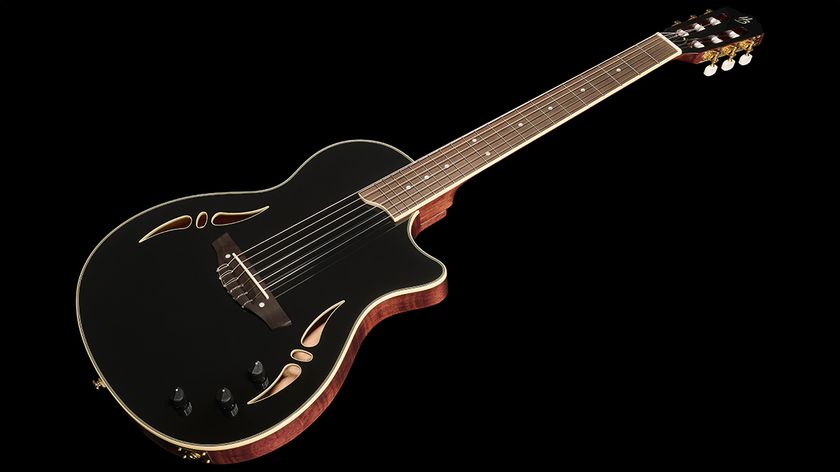
On the heels of Century Media announcing that they were pulling their catalog from Spotify, Earache Records has just announced that they've added their entire catalog to the music streaming service.
In an announcement on their official website, Earache had this to say:
"Have you ever wanted to hear that awesome new track from your favourite new band, or to go back and check out the early releases from some of the most legendary names in metal, but not had the money to spend on CDs or downloads? Earache has the answer!
Earache Records has teamed up with popular music streaming service Spotify to give rockers and metalheads instant access to a huge library of killer tunes, all of which are completely free to listen to.
Earache's entire music catalog is available now on Spotify, featuring over 3500 tracks from some of the most legendary names in rock and metal, including such classic acts as At The Gates, Carcass, Morbid Angel, Deicide and Napalm Death, along with the latest releases from some of the hottest new bands such as Evile, Rival Sons, Wormrot and many more."
This announcement will certainly add fuel to the debate over whether or not labels/artists benefit from having their music on Spotify.
UPDATE: Earache have, in an exclusive interview with Metal Insider, clarified their earlier press release, stating:
Get The Pick Newsletter
All the latest guitar news, interviews, lessons, reviews, deals and more, direct to your inbox!
"Our press release has been misunderstood – we are not "now on Spotify" - we have been for over 3 years now. What the press release really didn’t make clear is the fact that there was one easy link to access the entire Earache catalog."
Once again it's time for you to weigh in. This time, the best opinions we receive could be included in a future piece on the streaming music platform. Who do you think is right in all of this? Is Spotify a valuable revenue stream or just another tool helping to put an end to the CD and force labels out of business? Tell us in the comments!
Josh Hart is a former web producer and staff writer for Guitar World and Guitar Aficionado magazines (2010–2012). He has since pursued writing fiction under various pseudonyms while exploring the technical underpinnings of journalism, now serving as a senior software engineer for The Seattle Times.













